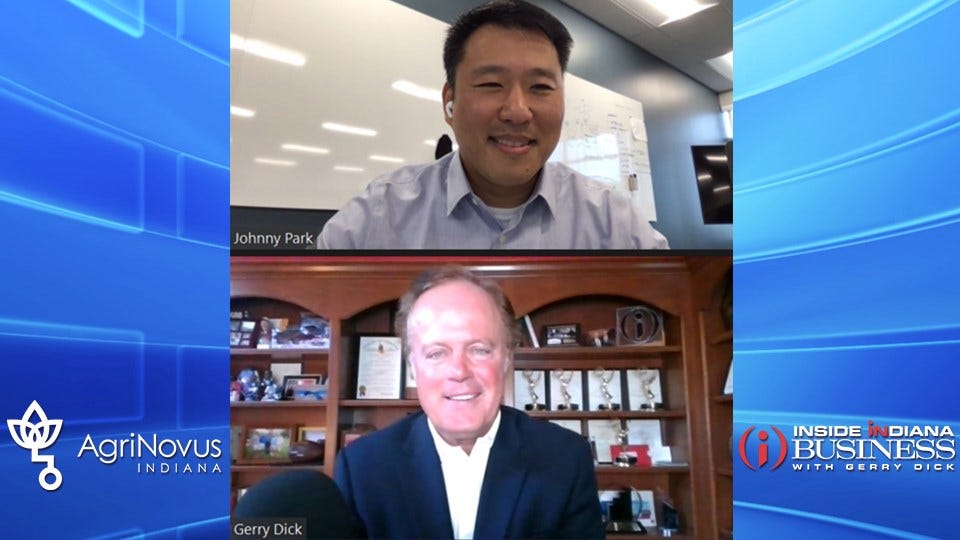PODCAST: WHIN Addresses Rural Broadband Limitations
 Johnny Park is CEO of Wabash Heartland Innovation Network. (image courtesy: Bridget O'Reilly/AgriNovus)
Johnny Park is CEO of Wabash Heartland Innovation Network. (image courtesy: Bridget O'Reilly/AgriNovus)
Subscriber Benefit
As a subscriber you can listen to articles at work, in the car, or while you work out. Subscribe NowThe largest rural broadband testbed in the nation is in the early phases of development here in Indiana. The West Lafayette-based Wabash Heartland Innovation Network is playing a critical role in launching multiple projects to increase broadband access to rural America.
WHIN is a 10-county alliance in north-central Indiana that wants to be a living laboratory for education and scientific research related to Internet of Things (IoT) technologies.
WHIN Chief Executive Officer Johnny Park is the guest of this week’s edition of the Ag+Bio+Science podcast presented by AgriNovus Indiana.
“The urban centers are already beginning to receive data and digital communication capabilities like broadband, and the rural areas are lagging behind, not just in streaming video, but in more socio-economic drivers like online education and online jobs,” Park told Inside INdiana Business and podcast host Gerry Dick.
Park compares the slow deployment of broadband in rural parts of the country to that of the lack of electricity in farm country in the early part of the 20th century.
“The impact of electrification a hundred years ago was transformational to say the least. And we believe the same, if not even more impact will occur with data enabled by billions and trillions of IoT devices. You can’t have IoT without the ‘I.’ So having a robust connectivity infrastructure, not only for residential broadband but also for connecting IoT devices in a region is absolutely critical,” said Park.
Park created West Lafayette-based Spensa Technologies, a precision agriculture tech firm. He started the company as a professor at Purdue University. Two years ago, it was acquired by DTN Inc, an agriculture, energy, commodities and financial analytics company based in Minnesota.
He now focuses his time in turning the WHIN region into a global epicenter of digital agricultural and next-generation manufacturing.
“Data is the new oil of the 21st century in this new digital. We are well-positioned to collect this data, aggregate it, and share it for research and educational purposes,” said Park. “And to advance research in ag and manufacturing. And really, attract those high-quality researchers and educators to this region.”
Learn more about Park and WHIN’s efforts in this week’s installment of the Ag+Bio+Science podcast, which will be available Monday morning. Click here for more information on how you can listen.
